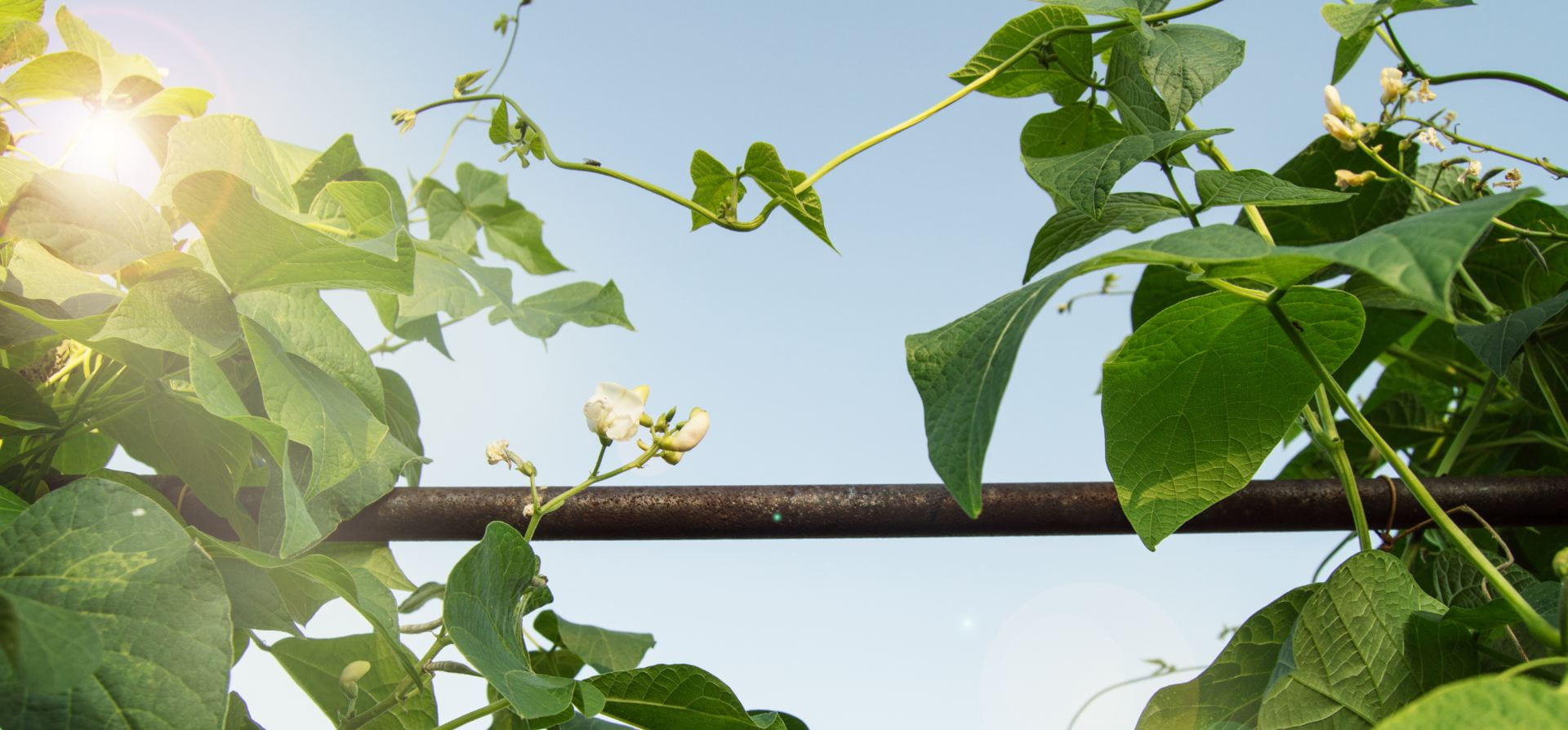
Ohio vegetable growers are invited to join us Friday, January 26 in Wooster, Ohio, for a one-day in-person viewing of the 2024 Organic Vegetable Production Conference (OVPC). “Live Stream, Lunch, and Learn” is open to any local producers using, or interested in, organic production practices. The event begins with coffee and social time at 8:30 a.m. with programming from 9a.m. – 3p.m., including live-streamed and recorded sessions from the OVPC virtual conference, plus networking opportunities with other growers and Ohio State personnel. Please meet at the Ohio State Wooster Campus Secrest Arboretum Welcome Center. There is no cost to attend thanks to an Ohio State grant from the Foundation for Food & Agriculture Research, but participants must pre-register by Monday, January 22. Register online at go.osu.edu/ovpc24 or call the Whttp://go.osu.edu/ovpc24ayne County Extension Office at 330-264-8722.
Sessions offered during the in-person viewing will be “High Tunnel Pest Management with Beneficials (recording),” “Fertilizer Injectors in the Hoophouse,” “Uncrackable Problems, Transformational Solutions,” plus a grower talk on peppers, and an in-person roundtable session on topics chosen by attendees. All attendees will have access to speaker handouts and later online viewing of OVPC virtual conference sessions for both Thursday and Friday.
The annual OVPC includes virtual (January 25 and 26) and in-person sessions (February 2 and 3 in Madison, Wisc.). Grower to grower engagement is always front and center at OVPC, ensuring farmers are learning from their peers and building a network of farms that can lean on one another during challenging times and celebrate successes together. That networking can be hard to accomplish sitting alone in your office or living room though, so join us for local in-person sharing around this online event!
Our Ohio event is planned in collaboration with OVPC organizers: University of Wisconsin – Madison, FairShare CSA Coalition, and Iowa State University – Extension and Outreach. To see full details about the OVPC, visit their conference website at https://dane.extension.wisc.edu/organic-vegetable-production-conference/#link. For more information on becoming a FairShare farm or about the OVPC, contact Ohio Program Manager Beth Knorr at 234-231-8166 or beth@csacoalition.org or visit the website at csacoalition.org/fairshare-farms.



